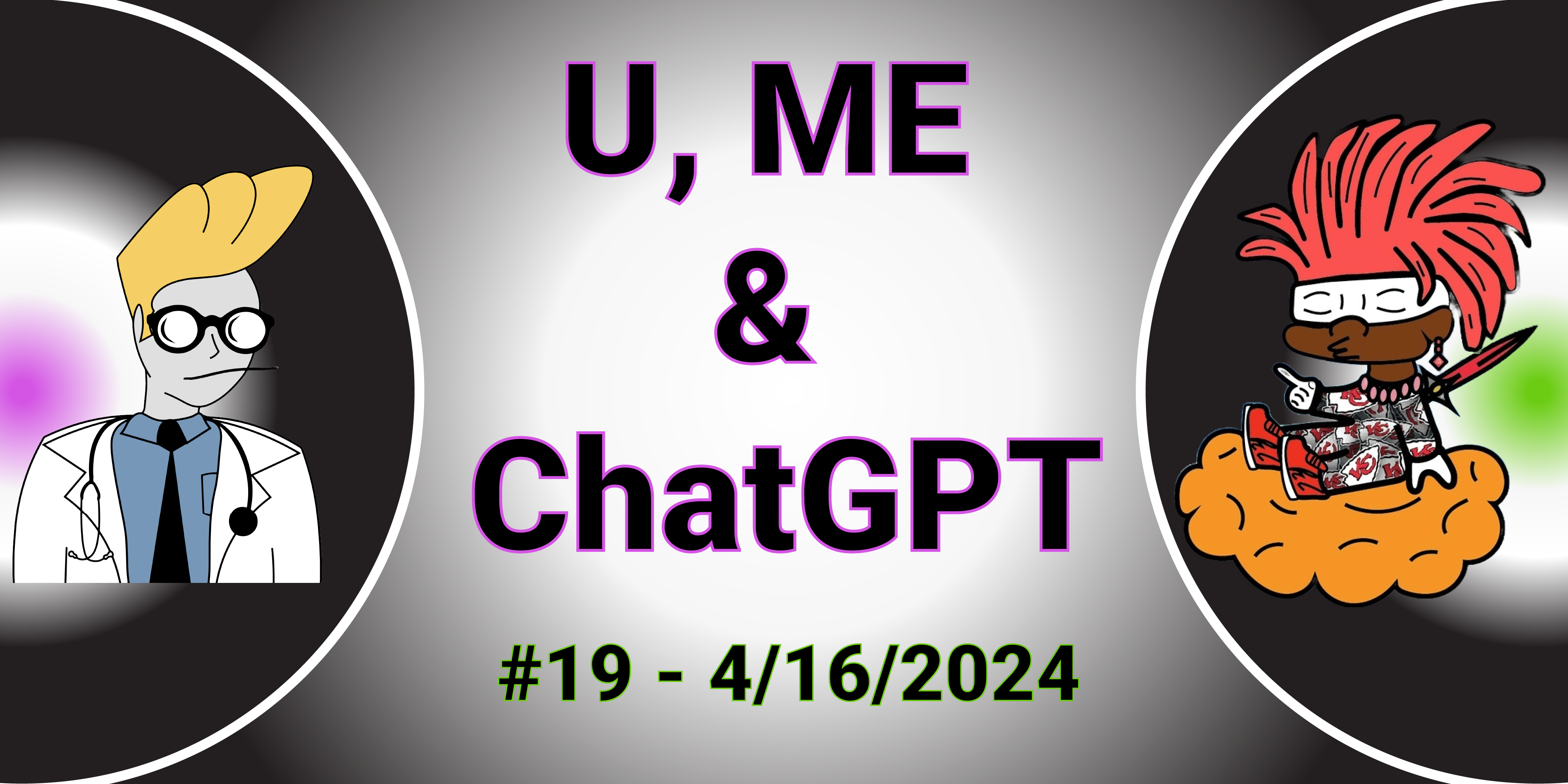GM HEARTLAND |
FU, FUD! Take heart and/or SOL in these meditations on true privacy and permissionlessness — an early contender for the World’s 2024iest Word. |
—El Prof, Muhammed & Chad |

Lessons From Proton Mail’s Compromise
Privacy-focused email service Proton Mail, a favorite among the crypto community, isn’t as private as many had hoped. Despite its Swiss jurisdiction and strong privacy stance, the company recently provided a user’s recovery email address to Spanish authorities in response to a legal request. This lead to the identification of a user allegedly involved with the Democratic Tsunami movement, which advocates for a self-determination referendum in Catalonia.
Proton Mail’s decision to cooperate with Spanish law enforcement has drawn criticism from privacy advocates and the crypto community. If an end-to-end encrypted service explicitly designed to be private (and Switzerland-based to boot) is in fact not private, then what is?
We might have an idea.
Decentralized protocols offer a promising solution to the vulnerabilities of centralized systems. By distributing data and decision-making power across a network of computers (or nodes) these protocols eliminate single points of failure and reduce the risk of centralized control. This architecture ensures that no single entity can compromise user data or shut down the entire network.
In the context of email, decentralized protocols built on blockchain technology can provide several advantages:
End-to-end encryption: Messages are encrypted from the sender to the recipient, making them unreadable by everyone else including the email service itself. Of course, most privacy-first companies like Proton Mail (claim to) offer E2E. But what they don’t provide is…
Pseudonymity: Users can interact with the network using unique identifiers instead of revealing their real identities.
Jurisdictional Independence: Decentralized networks operate outside the legal boundaries of any single country, potentially offering greater protection from overreaching government surveillance — or, as it is colloquially known, “legal requests.”
With those features in mind, there are several distinct benefits of decentralized protocols:
True User Privacy: Decentralized protocols ensure user data remains private and secure, free from centralized control and potential compromise.
Censorship Resistance: Decentralized networks resist censorship attempts, as there’s no single entity to control or shut down the network.
Transparency: Decentralized protocols often operate on open-source code, allowing anyone to inspect the code and verify its functionality, fostering trust and accountability.
Several decentralized email services are already emerging — including (name drop incoming!) SolMail. As these technologies mature and user interfaces become more user-friendly, decentralized email has the potential to revolutionize online communication by prioritizing user privacy and control.
The Proton Mail incident serves as a stark reminder of the limitations of centralized systems in safeguarding user privacy. By leveraging blockchain technology, we can create robust and censorship-resistant email services that empower users and prioritize data privacy. In the digital age, prioritizing user autonomy is crucial to prevent further privacy breaches and build a more secure online future. That means prioritizing decentralization.
—Muhammed
Do you wish marketing your business were as easy as asking your assistant for “that thing I want from that place we went that one time?” Now, it can be.
Meet growbot, playhaus’ personal growth assistant. With growbot, simply connect your tech stack, upload your creative assets, provide a clear simple goal in layman’s terms (verb + noun), and, in the case of buying ads, attach a monetary budget. growbot will handle the rest, crafting and deploying the optimal strategy to grow your subscribers, followers, sales, and more.
Want to make your dollars go 30% further? We currently offer free growbot demos and are taking on alpha clients through our advertising agency.

Never Go Full FUD
The first full week in May has been a sustained bombardment of FUD from the federal government on the future of cryptographically-powered and tokenized information systems. U.S. House Republicans introduced a resolution aiming to send the SEC’s Staff Accounting Bulletin No. 121, which disincentivizes banks from holding customers’ digital assets by requiring they do so on their own balance sheets. SEC Chair Gary Gensler has doubled down on his support of SAB 121, and President Joe Biden has vowed to veto the resolution.
Crypto enthusiasts may be, well, unenthused to hear both Biden and Gensler come out swinging against the pioneering technology. But it’s important to note the crux of the conversation has been isolated to a tiny section of the forest — financial transactions — when information systems provide a breadth of tangible value and impact beyond money.
The data breadcrumb trails that could construct an individual’s digital twin, or virtual proxy, are all possible from this wealth of information. That’s why playhaus is a mission driven company aimed at restoring governance of that information over to the individual generating it.
But playhaus is far from the only project inspired by the decentralized information movement. Publed is a decentralized knowledge exchange, where academics can publish abstracts, and papers, that can be consumed by anyone with a crypto wallet looking to engage with the published content. This project is European in origin, being built in Portugal. But, digitally, it’s being built on Solana, because as academics, co-founders Sandro and Vítor Ribeiro both know their knowledge object would be relegated to a mere gatekeeper if it were secured to a Layer 2 solution (L2). L2s introduce a middle man or point of corruption from the source of the data to the trustless ledger. They require trust that is simply not supported by the code.
With censorship-adjacent policy on the rise, the need for permissionless information protocols continues to increase. If our legislators won’t uphold the papercode they are tasked with enshrining and continue it’s perversion, freedom may be relegated to these safe spaces in the ether, with the capabilities to fully protect scientifically recorded observations and speculations on their impact. Publed is merely the latest example of how the internet took freedom and democracy global. True patriots aren’t just Americans, they are lovers of freedom and personal rights everywhere.
—El Prof




